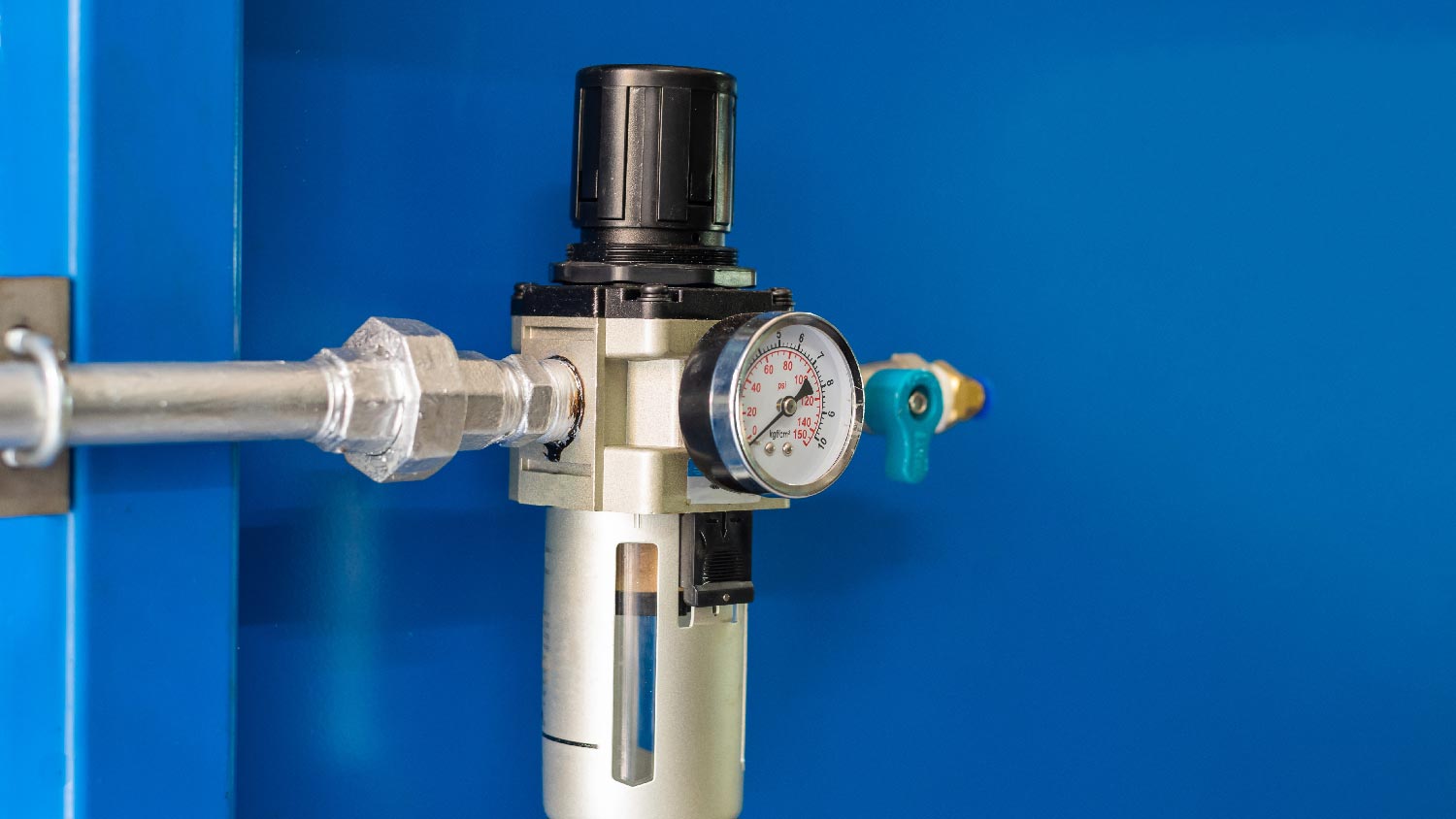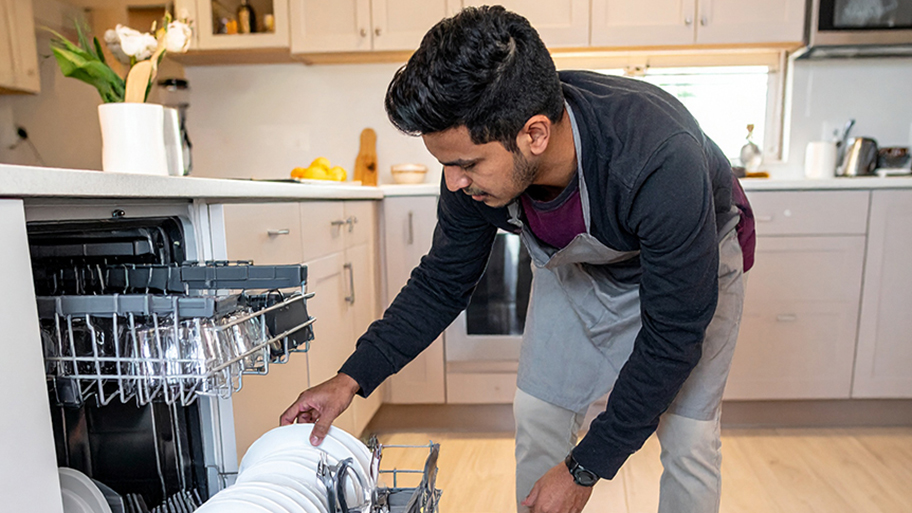
If you need to pump sewage waste uphill to reach a septic tank or street sewer, you may need a dedicated grinder pump. Follow our guide to determine how much a sewer grinder pump costs and any prices that may creep up during the install.
Here’s the rundown on what pros need to know about your faucets, fixtures, and pipes


Let’s put this delicately: Amateur plumbing is not for the faint of heart. For larger projects, you’ll definitely need a pro and a permit. But for even small projects, simple mistakes can lead to costly water damage. It’s always a good idea to hire a professional plumber near you, but they’ll need to understand a few things about your project before they begin. Discuss these plumbing questions so both you and your contractor can fully understand the job.
Do you need plumbing work in your kitchen, bathroom, or laundry room? Does a certain faucet leak? Each room has different plumbing codes that dictate fixtures' design, installation, and repair. Discussing the location with your plumber can clue them in on the work they’ll need to do.
Your plumber probably works on a few common plumbing problems every week. Whether it’s weird water pressure, a blocked drain, or a leaky p-trap, you’ll need to discuss the details of your issue to get an accurate quote. Additionally, your plumber can advise you on how to prevent further damage until they can make a repair.
If you’ve been subject to a dreaded pipe burst or a toilet overflowing to no end—first, turn off your water supply. Second, you need to find a local emergency plumber ASAP. Not every plumber can accommodate emergencies, but many will for an extra charge. Always let your plumber know the urgency of a situation so they can advise you on what to do.
Your plumber needs to fit you into their existing schedule. Understanding your needs and their availability can set expectations early on so there are no surprises down the line.
If you’re planning a kitchen or bathroom remodel project, you’ll need to let your plumber know what fixtures you want to install or replace. They can help you choose a model and may even get a discount from the manufacturer. Let them know if you want to change the layout of your space since moving plumbing hookups requires extra labor. They may make recommendations based on the location of your home’s plumbing and building code.
Your plumber may want to know if you have a plumbing access panel, which can make repairs easier and avoid cutting into drywall or removing and replacing tile.
Certain repairs may be covered by your homeowner’s insurance, such as damage caused by sudden and accidental plumbing issues (think: a burst pipe). Often, the pipe repair itself isn’t covered, but the damage to your flooring, for example, could be. It depends on your policy, but it’s a good idea to let your plumber know if you need documentation from them.
From average costs to expert advice, get all the answers you need to get your job done.

If you need to pump sewage waste uphill to reach a septic tank or street sewer, you may need a dedicated grinder pump. Follow our guide to determine how much a sewer grinder pump costs and any prices that may creep up during the install.

We’ll cover the cost of replacing a shower or bathtub drain, whether you can tackle this repair yourself, and what other projects to consider along the way.

Everyone can relate to having toilet issues—we’ve all been there. There are several reasons why your toilet might need repairs, and the cost varies based on the damage.

Find out the average water pressure regulator replacement cost, key price factors, and tips to save on your project. Get transparent, expert-backed cost info.

Save money by learning to DIY install a dishwasher drain hose. You can do it with or without an air gap fitting in less than an hour and a half.

There are a few plumbing terms that everyone needs to know. Using this informative guide, you’ll learn plumbing terms like flapper and shut-off valve to help you tackle both emergencies and everyday annoyances.